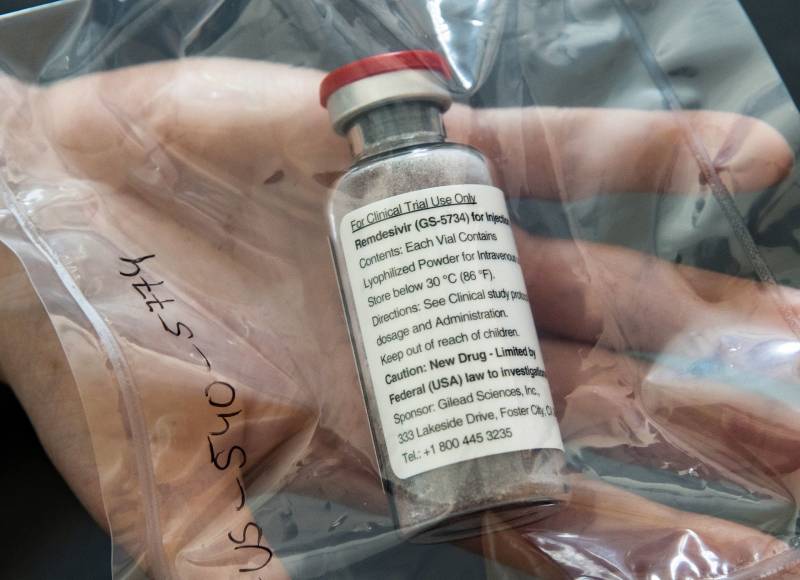Remdesivir, the intravenous antiviral drug made by Foster City’s Gilead Sciences, is currently the only medicine shown in trials to effectively treat hospitalized COVID-19 patients, reducing the median length of hospital stays by about four days. But some Bay Area hospitals say the supply is barely keeping up with demand.
Dr. Lukejohn Day, chief medical officer at Zuckerberg San Fransisco General Hospital (ZSFG) says the hospital ran out of remdesivir last week.
“It’s not like some medications where we have them in stock or if we run out the stock we can order it and it could be FedEx’d overnight or within two days,” Day said. “We don’t have that type of access with this drug.”
